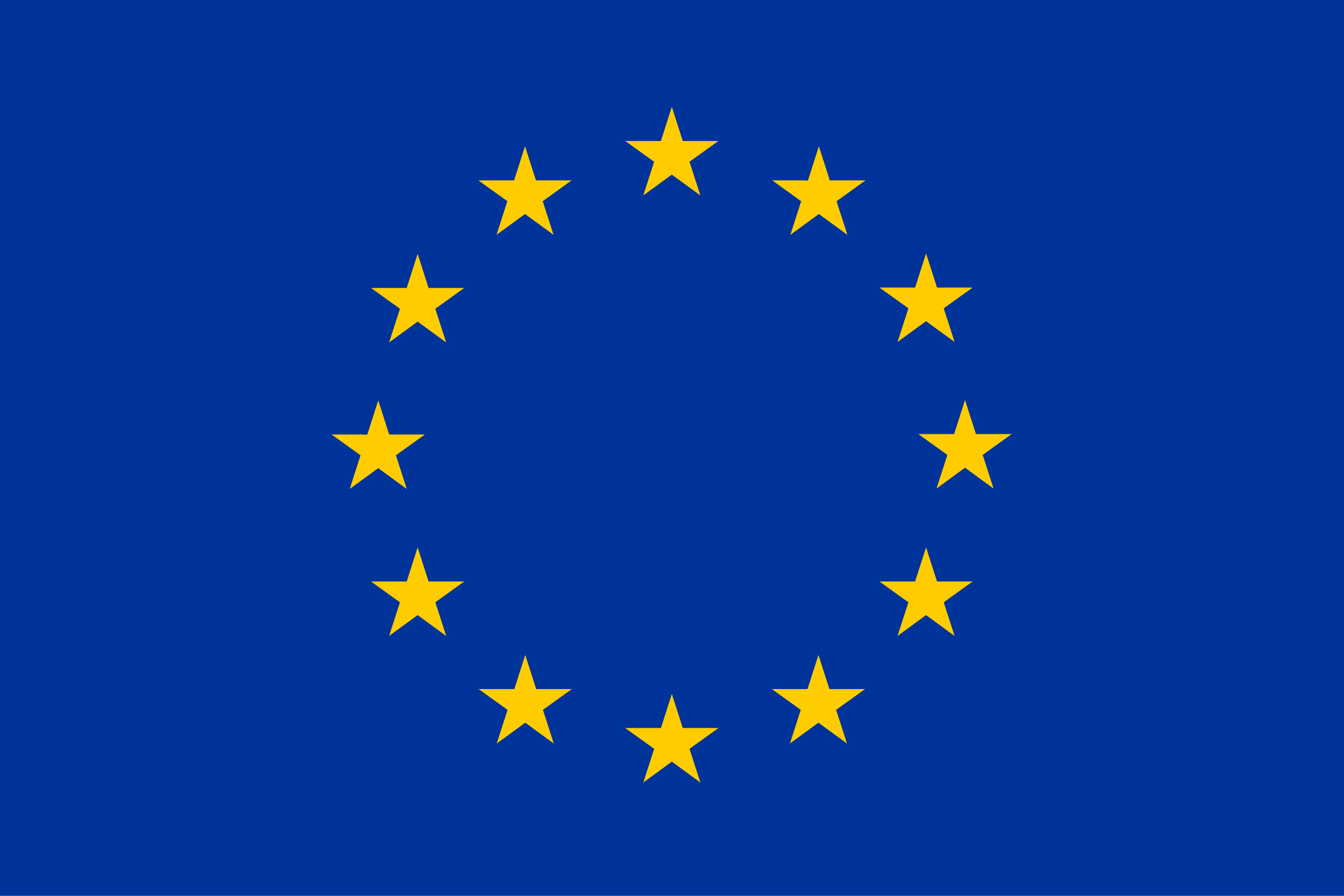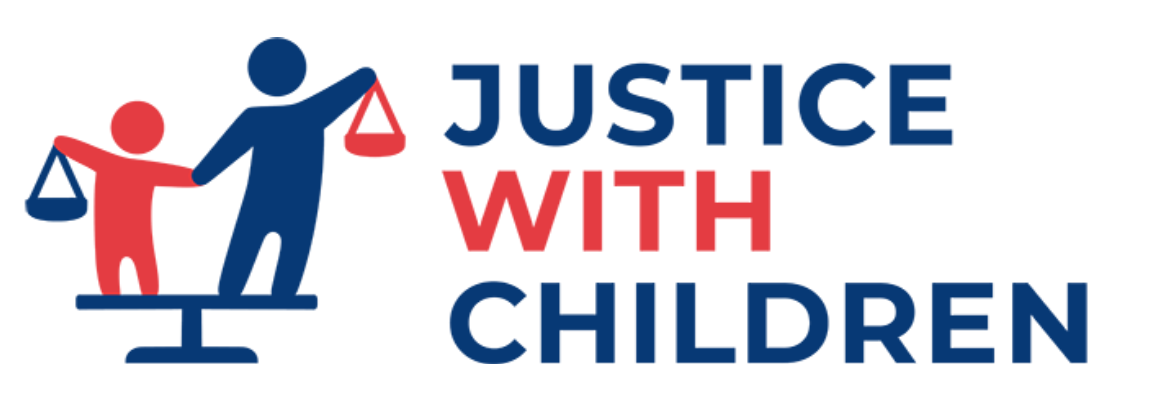
Through the FOCUS project, we reviewed the gaps between theory and practice and aim to fill them, providing professionals with new, practical tools to apply and systematize individual assessment and to share good practices.
This online platform serves this purpose, as it is both a space to host our e-learning modules, an archive of our tools and resources, and a community space where professionals can interact and share practices and advice.
At the same time, we organized in-person trainings in focus countries, already attended by hundreds of professionals and experts from various sectors related to child justice and law enforcement.
Finally, through our Child Advisory Boards, we involve and empower children to contribute to a justice that is truly child-centred.
Among the FOCUS activities, we conducted in particular:
- One European review of existing tools, practices and procedures for individual assessment of children in criminal proceedings – victims and offenders – in Europe and more specifically in Bulgaria, Greece, Romania, Serbia and The Netherlands
- One Regional train the trainers’ workshop and ten national face to face or online workshops for multi-disciplinary professionals to address knowledge, attitudes, skills and habits in relation to individual assessment of children in criminal proceedings, and to monitor outcomes for children, including in restorative justice processes
- One Child Advisory Boards meeting on a monthly basis, and five child-led awareness raising campaigns through the use of media and the arts, on the right to an individual assessment in particular, and the procedural rights of children in criminal proceedings in general
- One e-learning course for practitioners accessible and open to professionals across Europe
- Piloting the individual assessment tools in 5 countries in Europe to support proper development and/or use of individual assessments with child victims and child offenders
- One Mutual Learning Paper, including Quality Standards, and one technical interface developed to support the process of developing and/or conducting systematic multidisciplinary individual assessments with children
- Fifteen national advocacy meetings with key stakeholders to build ownership of assessment tools
- Five sustainability plans developed to further roll-out the assessment tools
- Five regional advocacy events and one final conference to present the results of the project and share the sustainability plans


